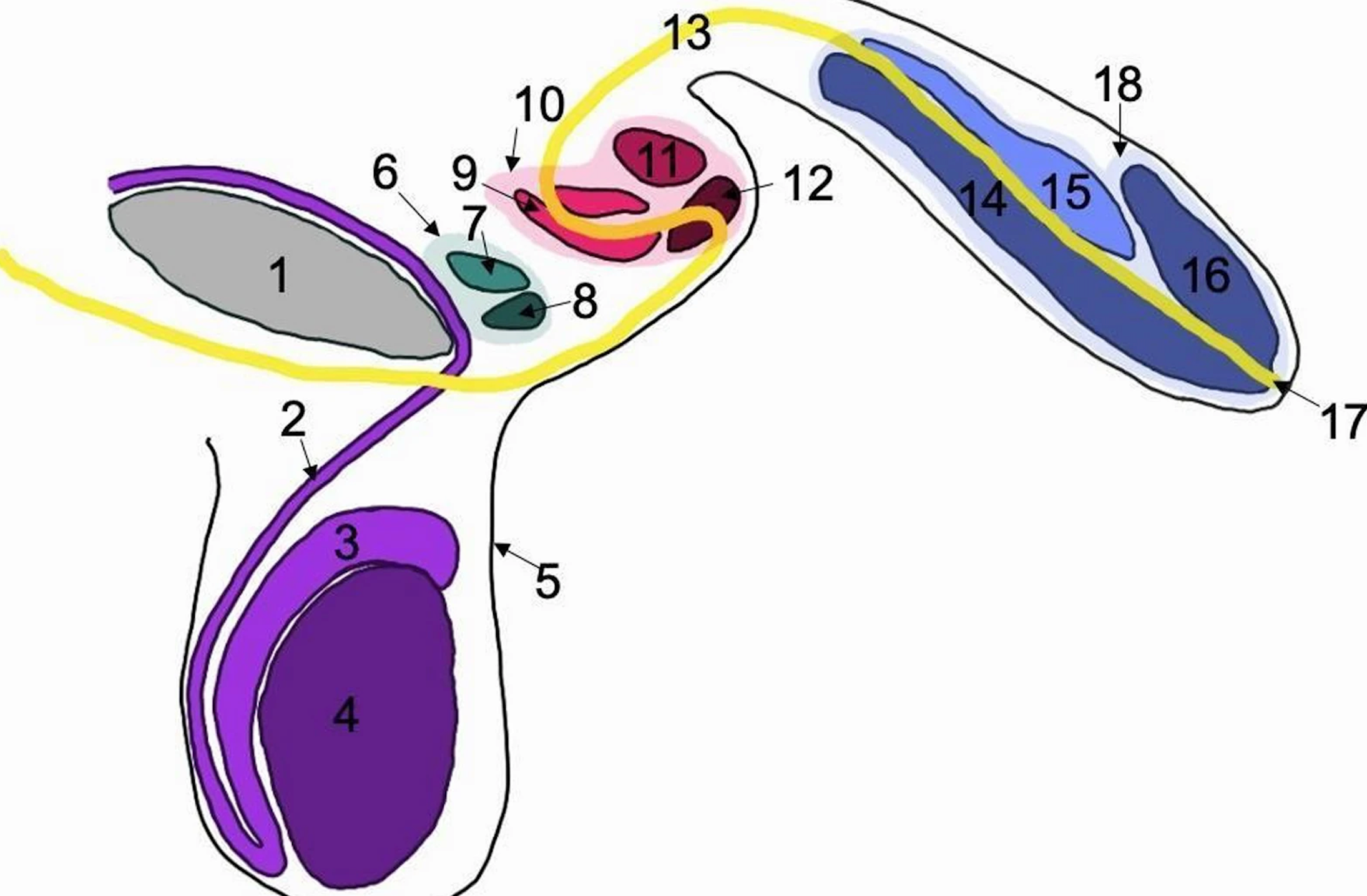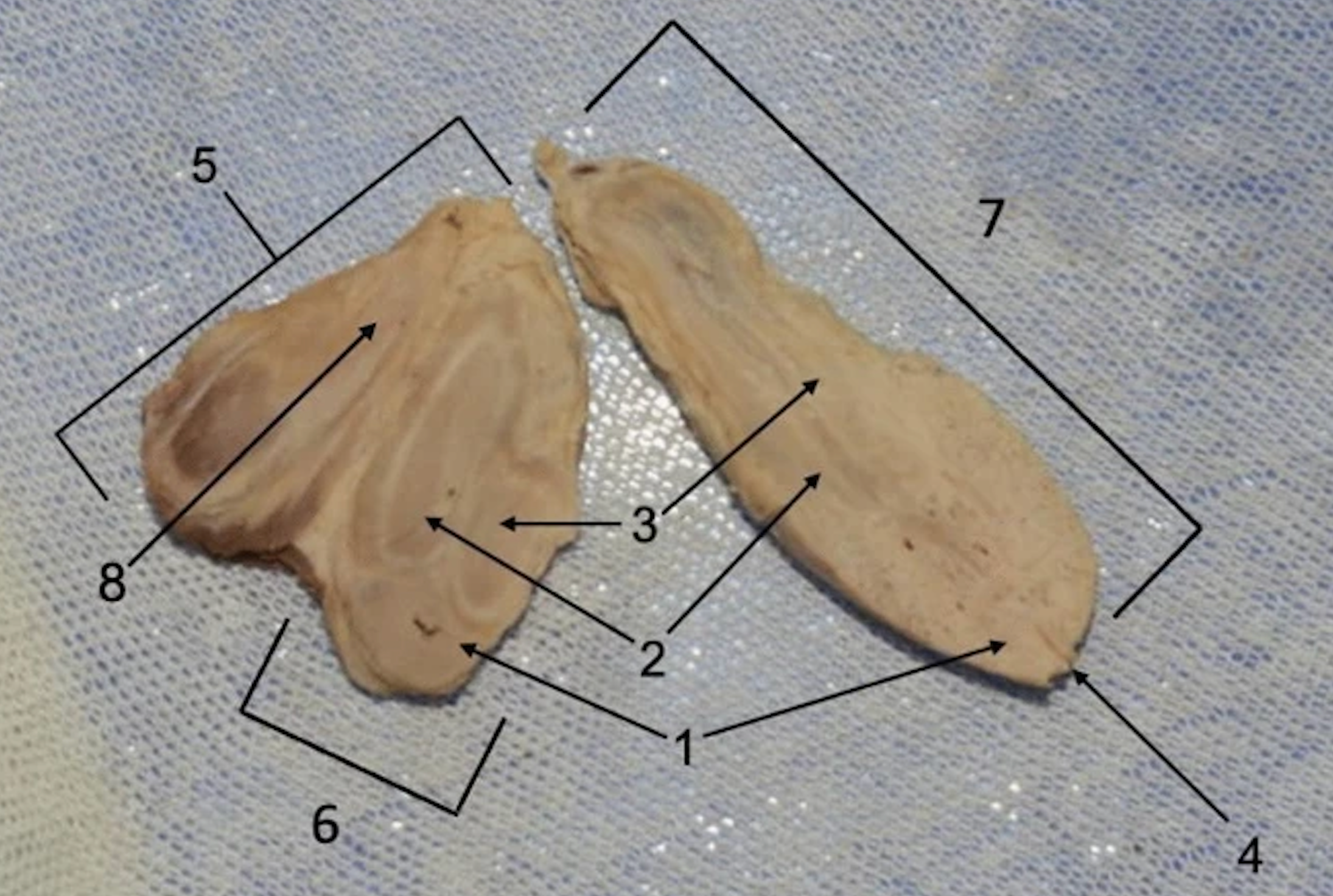Medical students stumble upon strange case of man with three penises
Rare condition may pose significant risk of infection or sexual dysfunction, scientists say
Your support helps us to tell the story
This election is still a dead heat, according to most polls. In a fight with such wafer-thin margins, we need reporters on the ground talking to the people Trump and Harris are courting. Your support allows us to keep sending journalists to the story.
The Independent is trusted by 27 million Americans from across the entire political spectrum every month. Unlike many other quality news outlets, we choose not to lock you out of our reporting and analysis with paywalls. But quality journalism must still be paid for.
Help us keep bring these critical stories to light. Your support makes all the difference.
Medical students in the UK stumbled upon an extremely rare case of a man with three penises while assessing a body donated for research.
Around one in six million male babies are estimated to be born with two penile shafts, a condition called diphallia. Only about 100 cases have been recorded in the past 400 years since it was first medically recognised.
Triphallia is an even rarer genetic anomaly that causes a male baby to have three distinct penile shafts. It was previously reported only one other time, in a baby born in Iraq in 2020.
The latest discovery, described in the Journal of Medical Case Reports, was made during the cadaveric dissection of a 78-year-old man.
This makes it a distinct adult case of the condition and the first to be carefully studied through postmortem dissection.

Researchers from the University of Birmingham Medical School suspect the prevalence of men with such penises “may be greater than expected”.
In the latest case, they say the adult white male was likely unaware of his special condition as his genitalia seemed normal from an external perspective.
But scientists found on closer inspection that there were two smaller penises within his scrotal sac of which one was connected to the same urethra as the main penis.
“Without dissection, this anatomical variation would have remained undiscovered, suggesting the prevalence of polyphallia may be greater than expected,” researchers said. “Despite normal appearance of external genitalia on examination, the dissection of a 78-year-old white male revealed a remarkable anatomical variation: two small supernumerary penises.”
The third penis, the smallest one in his scrotal sac, lacked a urethra.
Scientists say the findings shed more light on the morphology and clinical implications of this anomaly.

Male genitalia typically begins forming early in pregnancy between about four and seven weeks of gestation. Researchers suspect genetic abnormalities affecting the expression of receptors of the male hormone androgen may have played a role in the growth of the abnormal penis shafts.
Researchers found that during the person’s early development as a baby, his urinary tube – or urethra – originally developed in the secondary penis. When this penis failed to develop fully, the urethra diverted course and developed in the primary penis.
Such abnormal growths, scientists warn, may pose a significant risk of infection or sexual or fertility dysfunction.
These cases need to be better understood to better diagnose and treat such patients presenting with urological symptoms as well as for catheter insertion, urological imaging, and surgery, they said.
Subscribe to Independent Premium to bookmark this article
Want to bookmark your favourite articles and stories to read or reference later? Start your Independent Premium subscription today.

Join our commenting forum
Join thought-provoking conversations, follow other Independent readers and see their replies
Comments